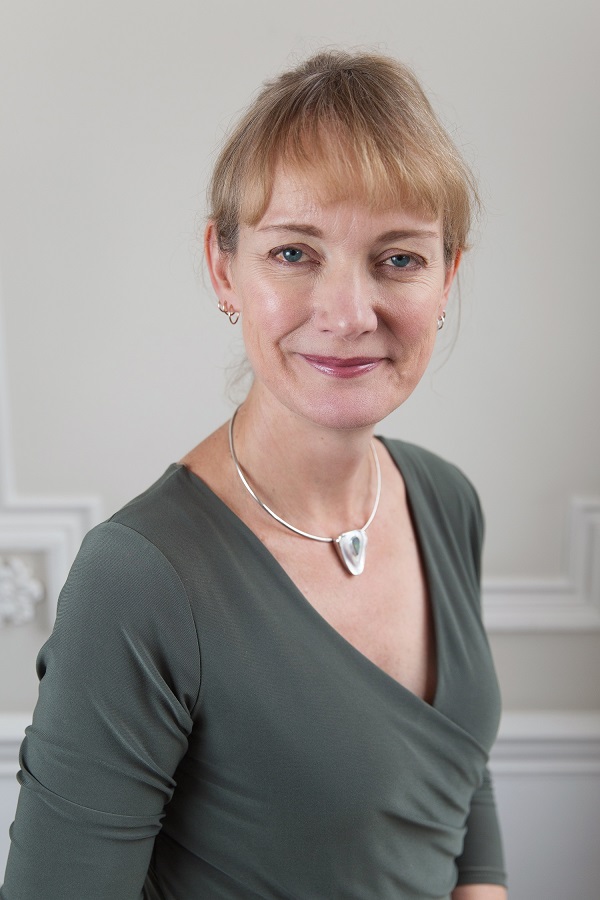Academy Fellow Francesca Happé is Professor of Cognitive Neuroscience at King’s College London where she researches autism spectrum disorder.
When you imagine somebody with autism, how does that person look? It’s quite likely that you pictured a boy. I doubt you thought of a teenage girl or middle-aged woman.
Our awareness and recognition of autism has improved hugely over the last 20 years, but we are still only seeing part of the picture.
In the past, it was thought that there were up to ten times more males than females on the autism spectrum. More recently that figure has been revised to just three times as many - that means we are missing or misdiagnosing thousands of girls and women in the UK who have autism.
So why are they being missed?
Research into autism has been male-biased and often excluded female participants. That means what we think we know about autism, is actually what we know about male autism.
Also, there are widely held preconceptions that autism is a male disorder. GPs, teachers and even parents don’t think of autism when they see a girl or young woman struggling socially.
Finally, autism may look different in women and girls. We know that some females deliberately hide their autism by consciously copying how another woman or girl acts, dresses and talks.
So autistic women may be suffering in silence, only getting diagnosed if they have additional problems. For example, a young woman with autism may be referred to a doctor for anorexia. Unless the doctor digs deeper and identifies the underlying autism, then the treatment she is given may not be appropriate.
In the clinic at the Maudsley Hospital we have women coming for their first diagnosis of autism in their 70s. Some of these women have really tragic stories of misdiagnosis, misunderstanding and mistreatment.
Currently, too many are falling through the net. That’s why it’s vital we raise awareness and focus research on this neglected and vulnerable group.

In 2017, I was honoured to be nominated for Fellowship of the Academy of Medical Sciences by Professor Sir Michael Rutter, a founder Fellow of the Academy, and the first and most celebrated professor of child psychiatry in Britain.
Since then, the Academy has given me training to explain my work to the public via TV, radio and news, helping me raise the profile of our research. I also joined a group of female researchers who visited the BBC to meet journalists in the hope of increasing the number of women scientists who appear in the media.
My motivation is to increase understanding of autism and improve life for autistic children and adults. And as I've got older, I've found myself wanting to make my work more directly relevant – to try to make a difference sooner. Communicating about my research is an important and enjoyable part of that.
Professor Francesca Happé is a Fellow of the Academy. She is an Academy mentor and attended the BBC showcase for Academy women experts. Watch her explain her work on the connections between autism and talent in the video below:
To find out more about supporting the work of the Academy, please see our dedicated support us webpage.